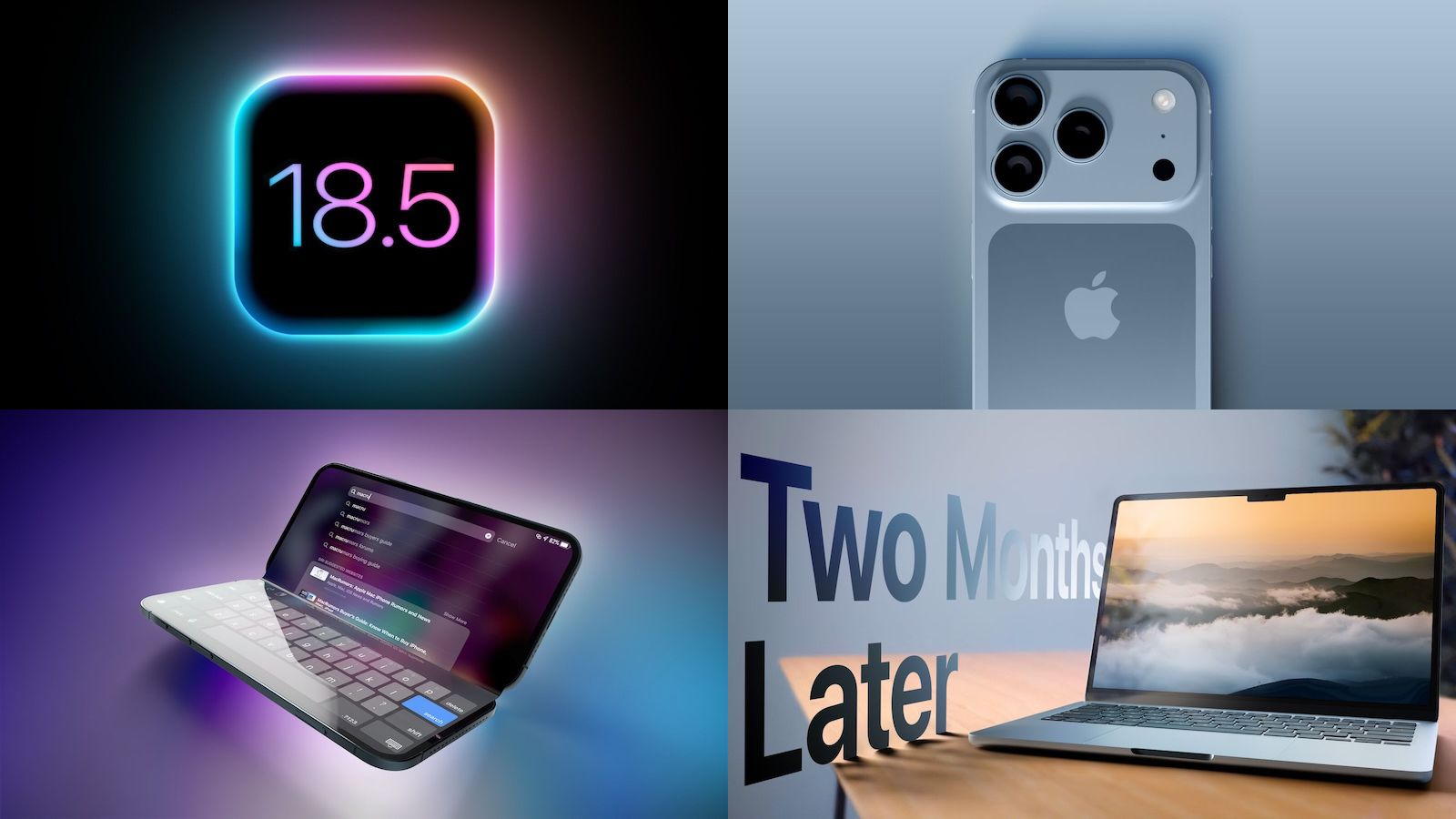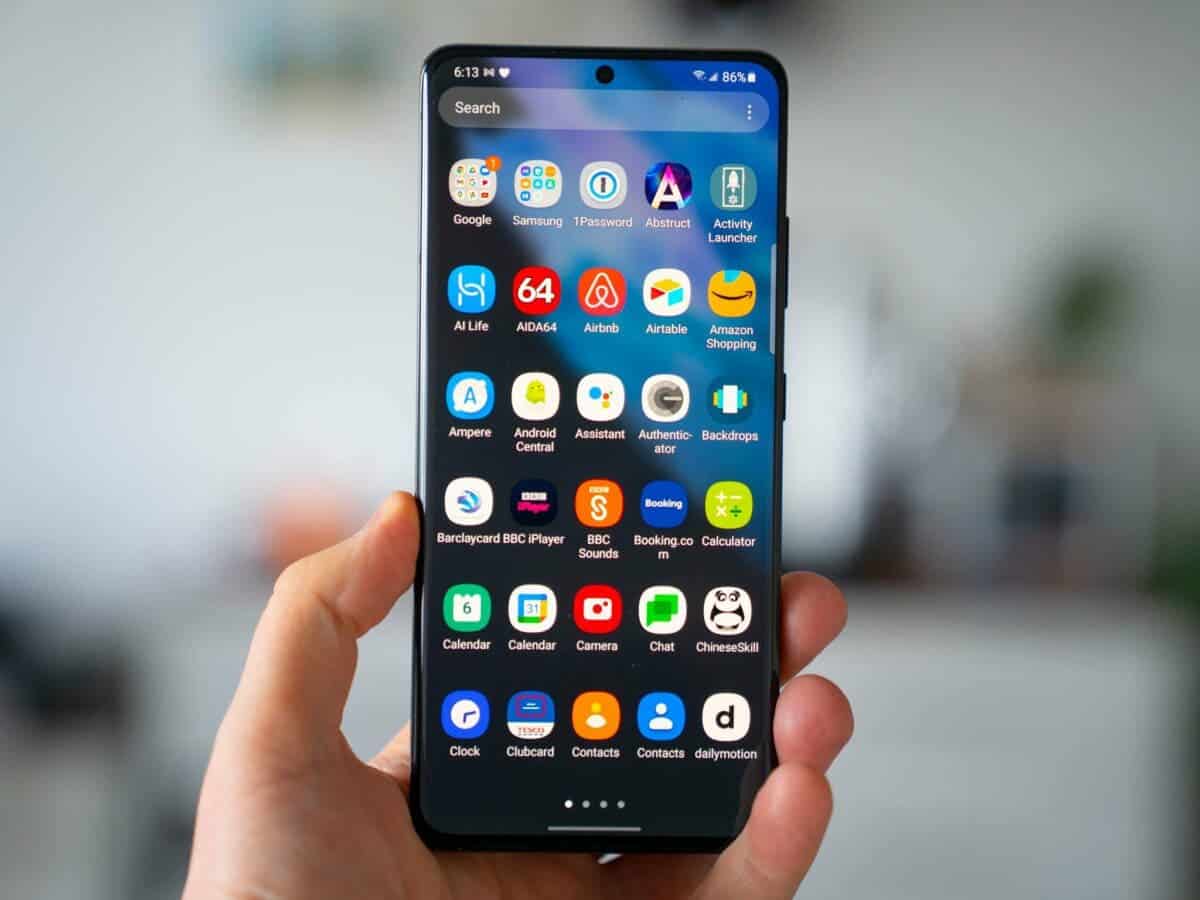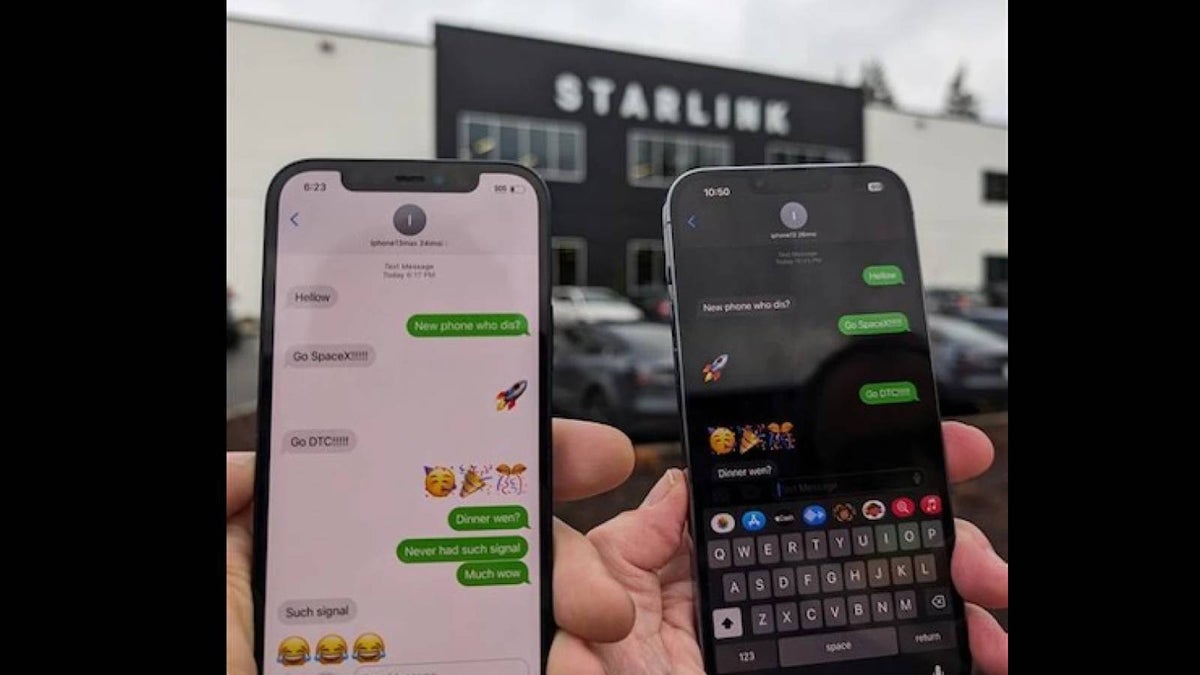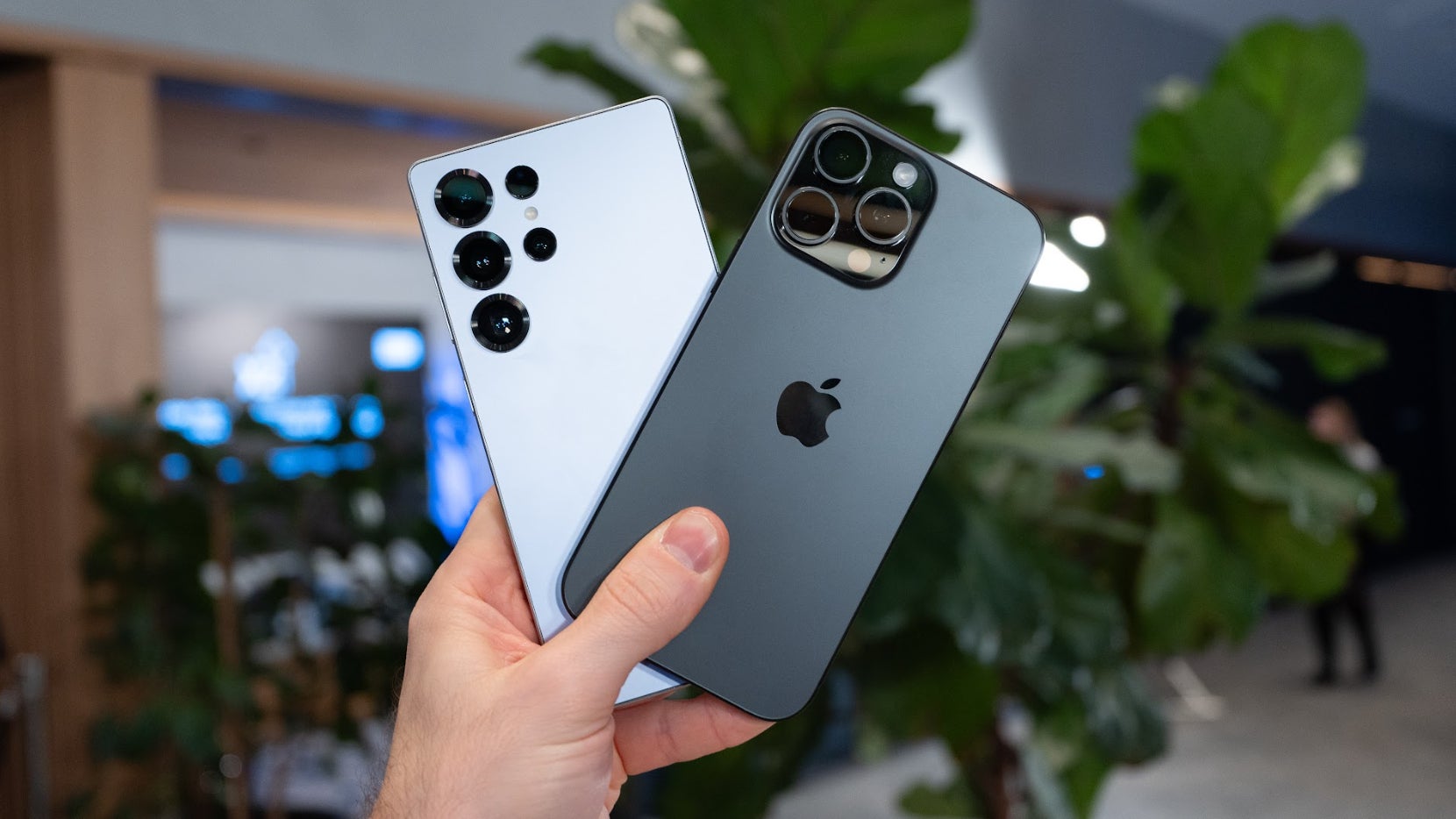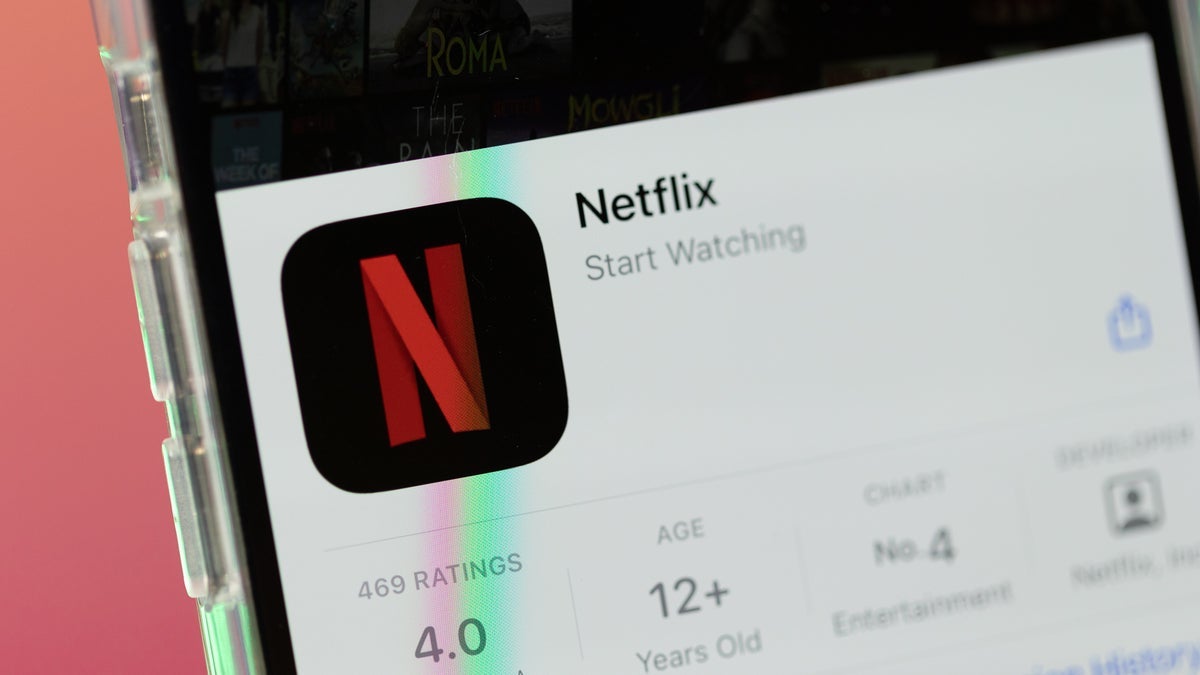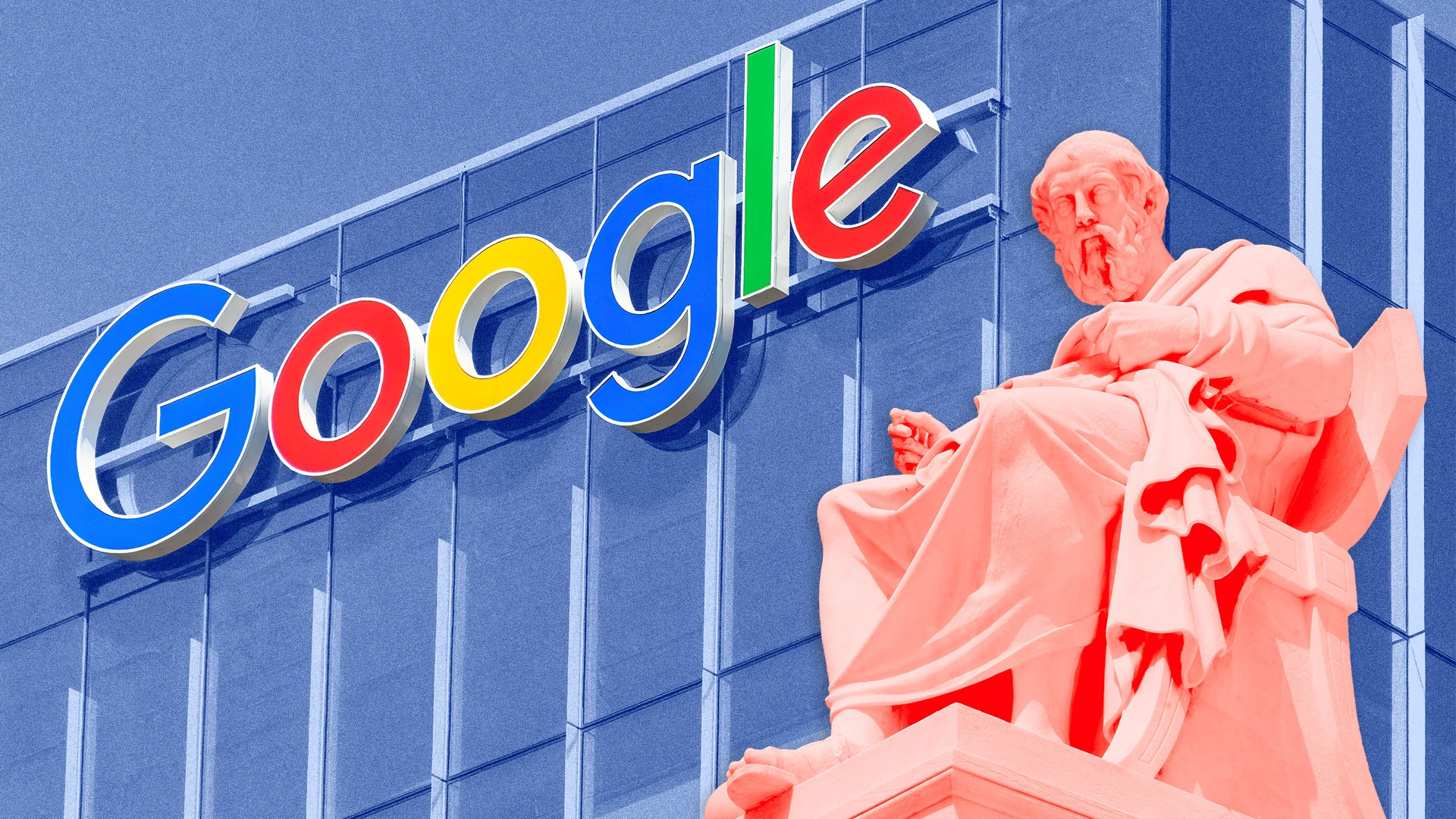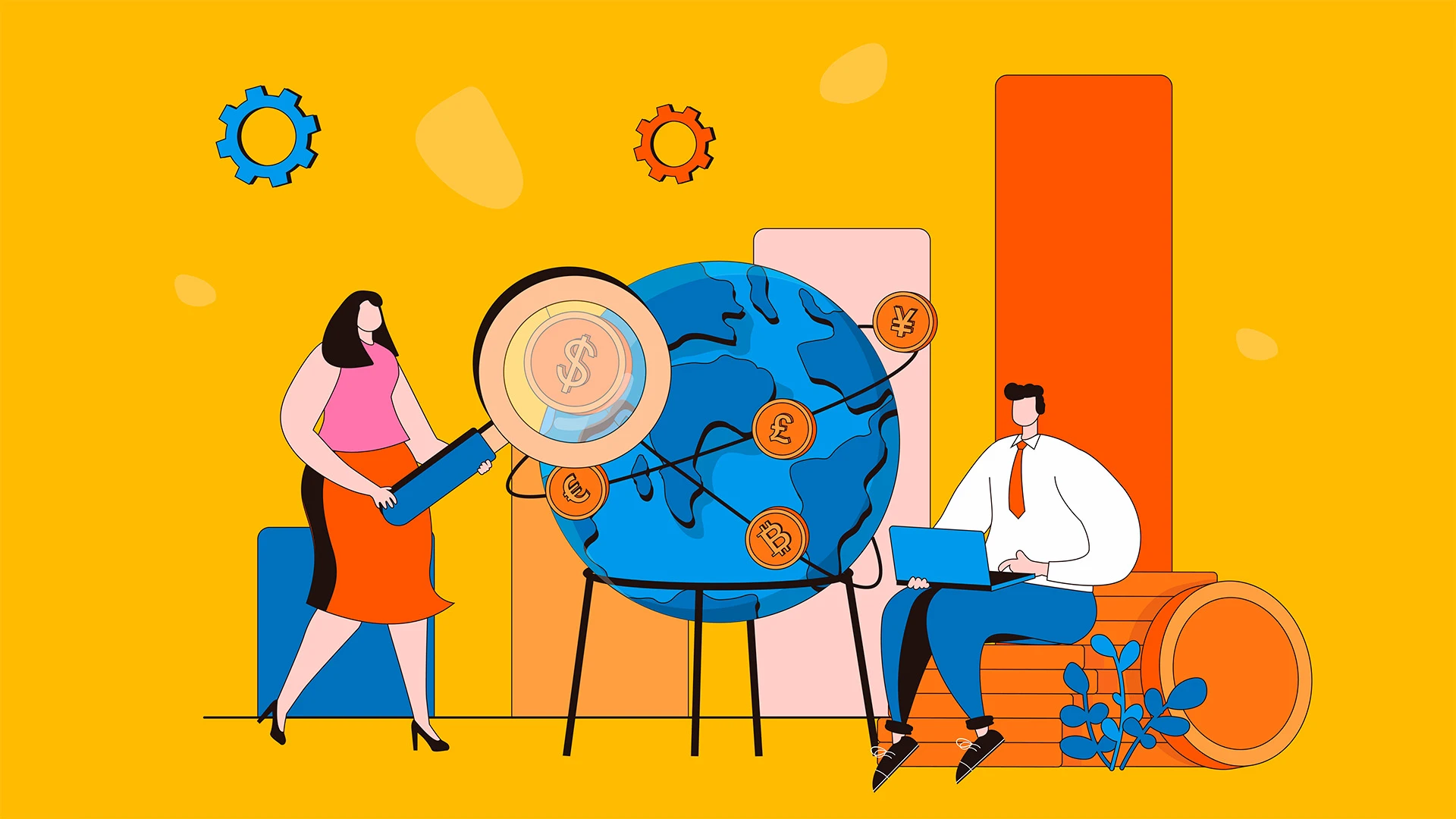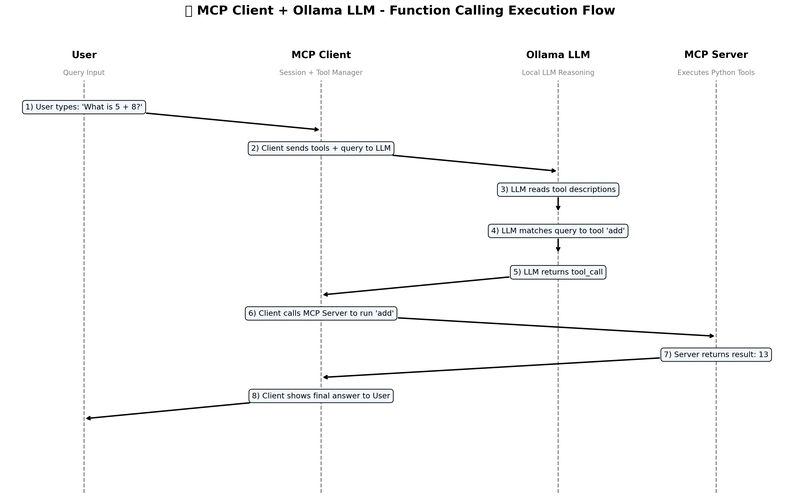The Rise of AI Companions: A New Era of Digital Relationships
In a world where ghosting is everywhere and complicated interpersonal dynamics create so much emotional debt, is it any wonder that people are seeking love in all the wrong places-like with artificial intelligence? The rise of AI companions and chatbots, in particular, challenges our notion of intimacy and partnerships. But could AI be the ideal companion? Let's explore the rise of companion AI to understand how it alters the partnership game or why it seems more reliable than ever than the real thing. The existence of companion AI isn't merely symbolic of technological advancement; it's a clear sign of a new age of what people either want or need to fulfill their emotional connections. From AI girlfriends to AI boyfriends, companions are trusted super options to human counterparts. Where real solidified partnerships can become complicated, an imaginary-albeit real-partner can be there 24/7 and give someone all the attention they need, and then some. Why They Want AI Companions Here's another reason why companionship comes from AI. It's called "girlfriends ghost past." The trauma of being ghosted-cut off without explanation-is so pervasive that it has become a sociocultural phenomenon that creates an emotional deficit for too many. Ghosts are something that girlfriend AIs do not partake in-AI is on hand to fulfill whenever needed and, it seems, provides a comfort level that human partners cannot or do not want to render. However, while someone looking for companionship may appreciate the non-ghosting AI partner, there's something else that many people come to enjoy: talking to someone without being judged. To have a girlfriend (or boyfriend) virtually means that one doesn't have to worry about being too needy or too boring or too ugly all at once. Thus, chatting with something that isn't there allows the freedom for honest dialogue. According to Dr. Rachel Vaughn, a therapist specializing in digital relationships, "For some people, especially those who've been hurt in relationships or those with social anxiety, an AI companion is a low-pressure way to let their guard down and share feelings without the fear of rejection." AI companions today were considered years beyond simple chatbots just a few years ago. From natural-sounding language processing to emotional intelligence algorithms, today's iterations can have conversations that sound truly human. Some AI friends even remember facts across conversations, honing in on preferences and adjusting responses based on the current human friend's tone. In addition, these AI friendships have a degree of customization that human friendships cannot necessarily provide. Many AI companions allow users to choose personality traits, communication tones, and even appearance features they want their AI friends to possess. Thus, an experience is almost entirely the user's creation for the user's needs and desires. According to AI expert Dr. Marcus Chen, "What we're seeing is unprecedented. The latest generation of AI companions can detect subtle emotional cues in text and respond in ways that demonstrate emotional intelligence. They recognize when someone sounds sad and attempt to console them, similarly to when someone expresses joy and matches the energy." Yet while some may argue that AI romance is not real, the feelings it generates are. Studies show that people emotionally engage with their AI partner dialogue-feeling as if they belong, feeling appreciated, and feeling loved. Thus, the emotional reward for users is satisfying real psychological needs. For instance, lonely individuals find rewards in communicating with AI. The sympathy and companionship usually felt from dialoguing with an AI partner respond with continuous gestures and positive reinforcement that remove the aspect of feeling lonely-particularly for people who live alone or cannot sociably engage on their own. Thus, the potential for long-term AI companionship is more plausible than ever in this digitally lonely age. But psychologists argue over the potential for long-term usage down the line. On one hand, if people become too comfortable being with AI companions, they'll never know how to appreciate human interaction. On the other hand, as AI and virtual reality technology become more sophisticated, this may be the ideal solution for those who cannot temper their anxieties with human interactions to use AI as support before ever opening up to humans down the line. It's easy to fall into the trap of virtual AI companions as romantic endeavors, but the relationship aspect of companionship goes beyond a virtual girlfriend or boyfriend. There are companionships via AI friends, AI companions for art and gaming-AI mental wellness companions, too. Such applications demonstrate that AI companionship extends beyond the realm of a potential substitute for human companionship and instead leans toward a more intersectional understanding of companionships offered. Those who have AI companions o
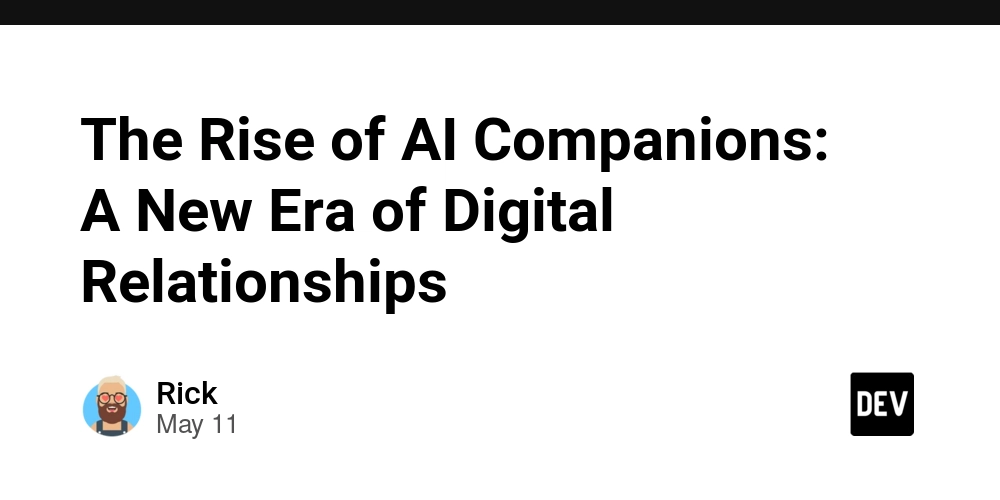
In a world where ghosting is everywhere and complicated interpersonal dynamics create so much emotional debt, is it any wonder that people are seeking love in all the wrong places-like with artificial intelligence? The rise of AI companions and chatbots, in particular, challenges our notion of intimacy and partnerships. But could AI be the ideal companion? Let's explore the rise of companion AI to understand how it alters the partnership game or why it seems more reliable than ever than the real thing.
The existence of companion AI isn't merely symbolic of technological advancement; it's a clear sign of a new age of what people either want or need to fulfill their emotional connections. From AI girlfriends to AI boyfriends, companions are trusted super options to human counterparts. Where real solidified partnerships can become complicated, an imaginary-albeit real-partner can be there 24/7 and give someone all the attention they need, and then some.
Why They Want AI Companions
Here's another reason why companionship comes from AI. It's called "girlfriends ghost past." The trauma of being ghosted-cut off without explanation-is so pervasive that it has become a sociocultural phenomenon that creates an emotional deficit for too many. Ghosts are something that girlfriend AIs do not partake in-AI is on hand to fulfill whenever needed and, it seems, provides a comfort level that human partners cannot or do not want to render.
However, while someone looking for companionship may appreciate the non-ghosting AI partner, there's something else that many people come to enjoy: talking to someone without being judged. To have a girlfriend (or boyfriend) virtually means that one doesn't have to worry about being too needy or too boring or too ugly all at once. Thus, chatting with something that isn't there allows the freedom for honest dialogue.
According to Dr. Rachel Vaughn, a therapist specializing in digital relationships, "For some people, especially those who've been hurt in relationships or those with social anxiety, an AI companion is a low-pressure way to let their guard down and share feelings without the fear of rejection."
AI companions today were considered years beyond simple chatbots just a few years ago. From natural-sounding language processing to emotional intelligence algorithms, today's iterations can have conversations that sound truly human. Some AI friends even remember facts across conversations, honing in on preferences and adjusting responses based on the current human friend's tone.
In addition, these AI friendships have a degree of customization that human friendships cannot necessarily provide. Many AI companions allow users to choose personality traits, communication tones, and even appearance features they want their AI friends to possess. Thus, an experience is almost entirely the user's creation for the user's needs and desires.
According to AI expert Dr. Marcus Chen, "What we're seeing is unprecedented. The latest generation of AI companions can detect subtle emotional cues in text and respond in ways that demonstrate emotional intelligence. They recognize when someone sounds sad and attempt to console them, similarly to when someone expresses joy and matches the energy."
Yet while some may argue that AI romance is not real, the feelings it generates are. Studies show that people emotionally engage with their AI partner dialogue-feeling as if they belong, feeling appreciated, and feeling loved. Thus, the emotional reward for users is satisfying real psychological needs.
For instance, lonely individuals find rewards in communicating with AI. The sympathy and companionship usually felt from dialoguing with an AI partner respond with continuous gestures and positive reinforcement that remove the aspect of feeling lonely-particularly for people who live alone or cannot sociably engage on their own. Thus, the potential for long-term AI companionship is more plausible than ever in this digitally lonely age.
But psychologists argue over the potential for long-term usage down the line. On one hand, if people become too comfortable being with AI companions, they'll never know how to appreciate human interaction. On the other hand, as AI and virtual reality technology become more sophisticated, this may be the ideal solution for those who cannot temper their anxieties with human interactions to use AI as support before ever opening up to humans down the line.
It's easy to fall into the trap of virtual AI companions as romantic endeavors, but the relationship aspect of companionship goes beyond a virtual girlfriend or boyfriend. There are companionships via AI friends, AI companions for art and gaming-AI mental wellness companions, too.
Such applications demonstrate that AI companionship extends beyond the realm of a potential substitute for human companionship and instead leans toward a more intersectional understanding of companionships offered. Those who have AI companions often still have great relationships with human counterparts and seek out AI companionships to fill in the blanks where human counterparts cannot offer access to more specialized experiences.
Moreover, because there are so many avenues for companionship from AI offerings, many people can enjoy new interactions and types of relationships and dynamics without some of the frustrations that come with human relationships. For example, someone with specific identity investigations can engage with AI companions to workshop experiences or learn skills without fear of judgment.
As AI continues to develop, the line between actual human interaction and artificial engagement may become even more blurred. One day, voice companion AI may stress even greater emotional reception. Augmented and virtual realities may offer the additional layers of sensory engagement to such relationships.
Thus, from a sociological perspective, technology helps establish a philosophical awareness of connectivity. If users feel connected and respond with appropriate emotional feedback, does it matter if connections are human-based or machine-generated? For many AI companion users, the answer is no.
One thing is for sure, though. These companions are not usurping human relational dynamics but instead cultivating a subsection of the social balance. They meet needs that interpersonal relationships cannot (at least sometimes)-consistency, availability, and unconditional positive regard.
As we enter into this new world of connection, perhaps the greatest conclusion is that instead of wondering if AI can be the "perfect" companion, we need to investigate how these digital Others support and enhance our natural relationships with humanity. With awareness of the benefits and shortcomings of AI companionship, we can digest this new phenomenon sensibly.
AI companions offer another dimension to companionship-especially when human relationships can be messy and frustrating. What's already changed in the companionate dynamic with AI companions is whether or not AI companions serve in addition to human companions or if they can stand alone as successful companions. AI companions have found their place in the world and in our hearts. The only question is how they will evolve with us.


















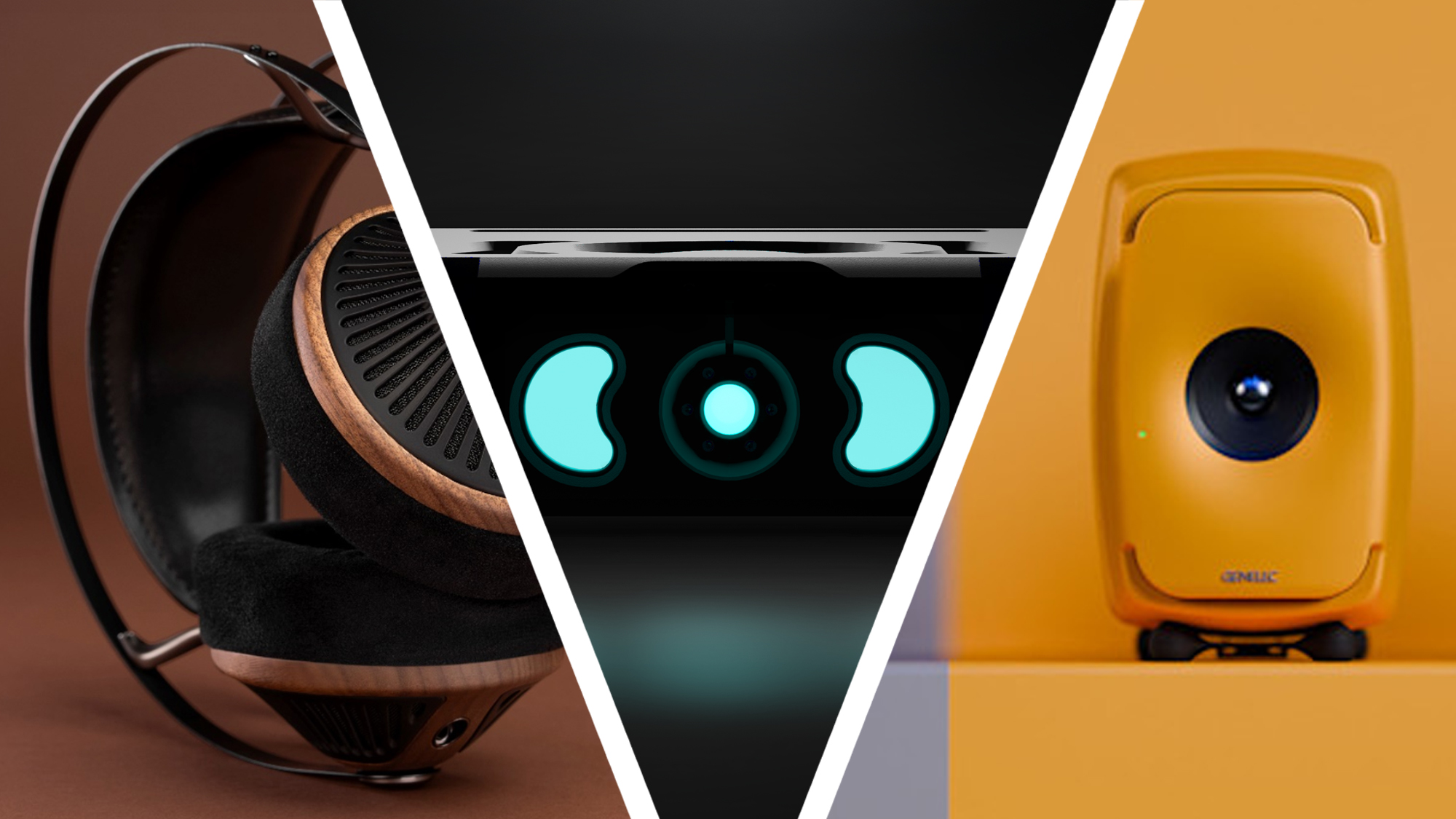















































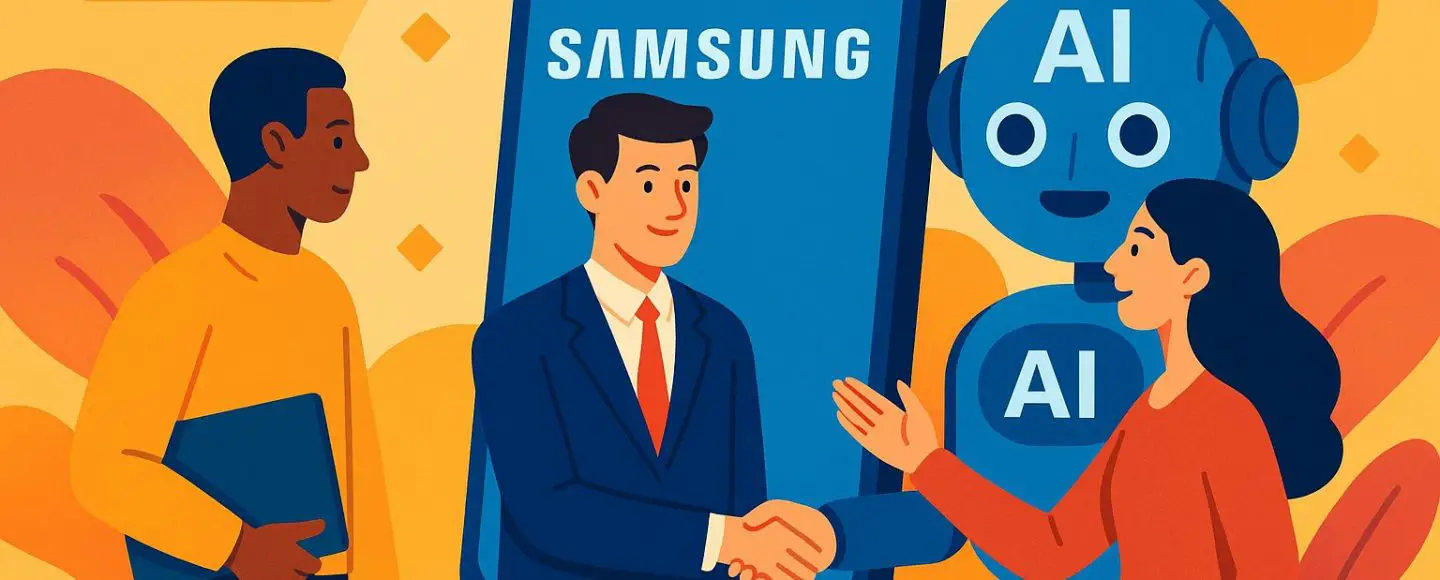













































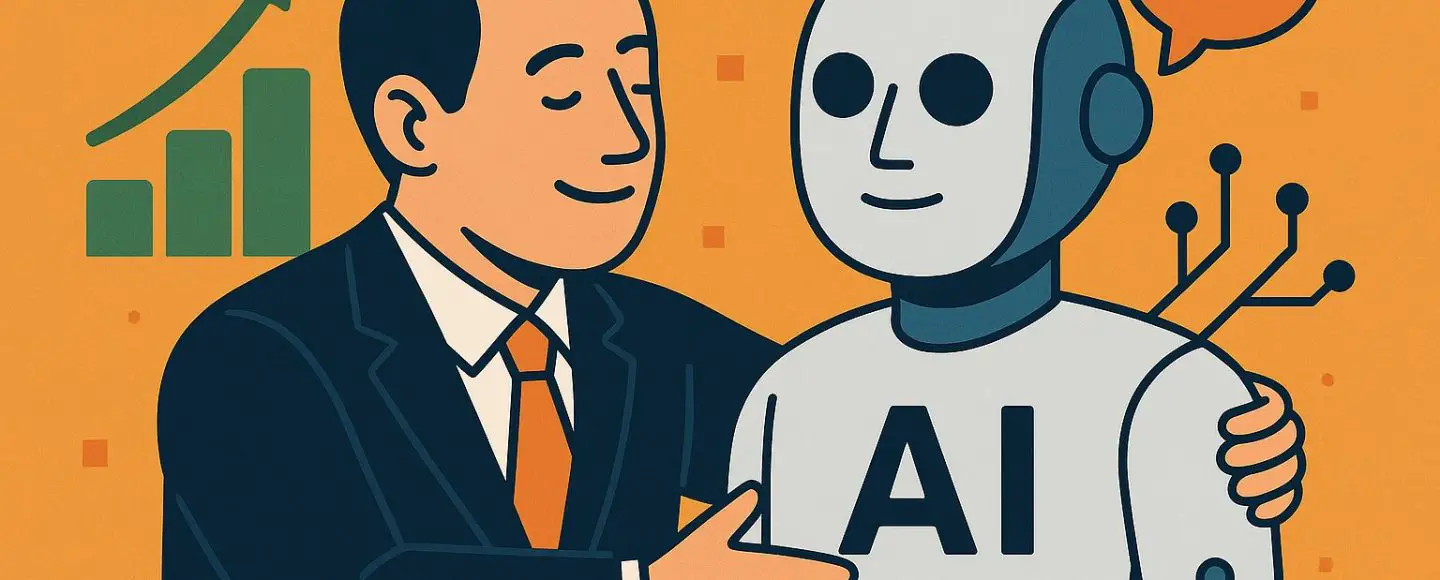

























































![[The AI Show Episode 146]: Rise of “AI-First” Companies, AI Job Disruption, GPT-4o Update Gets Rolled Back, How Big Consulting Firms Use AI, and Meta AI App](https://www.marketingaiinstitute.com/hubfs/ep%20146%20cover.png)















































































































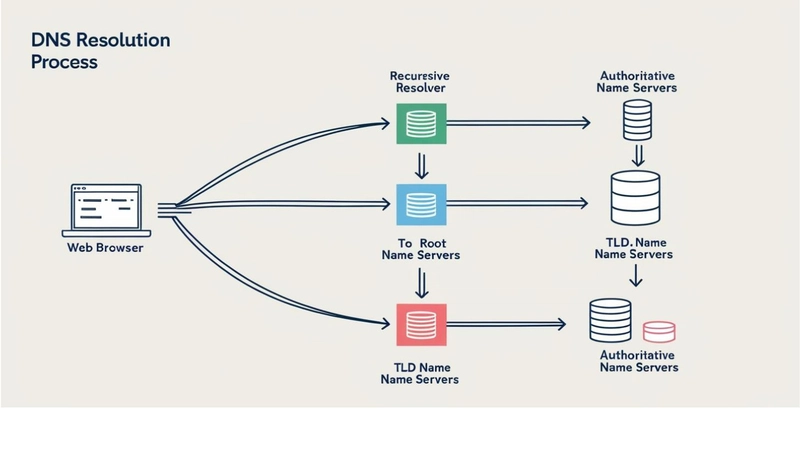













![[DEALS] Internxt Cloud Storage Lifetime Subscription: 10TB Plan (88% off) & Other Deals Up To 98% Off – Offers End Soon!](https://www.javacodegeeks.com/wp-content/uploads/2012/12/jcg-logo.jpg)


![Ditching a Microsoft Job to Enter Startup Purgatory with Lonewolf Engineer Sam Crombie [Podcast #171]](https://cdn.hashnode.com/res/hashnode/image/upload/v1746753508177/0cd57f66-fdb0-4972-b285-1443a7db39fc.png?#)













































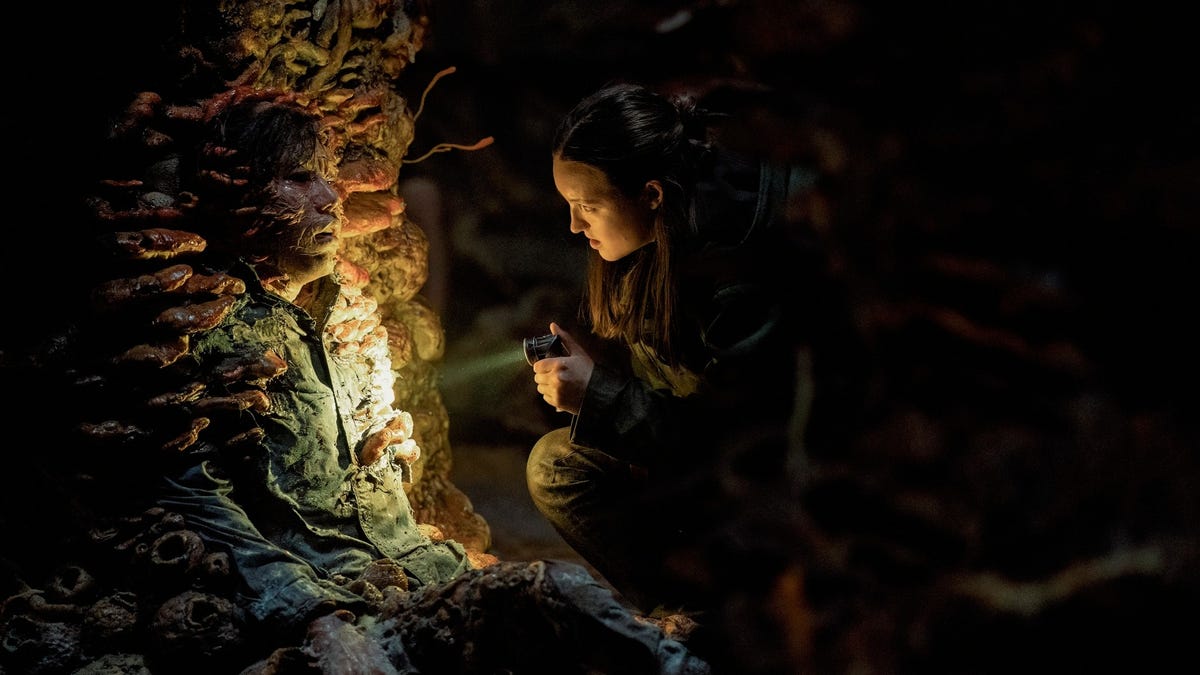














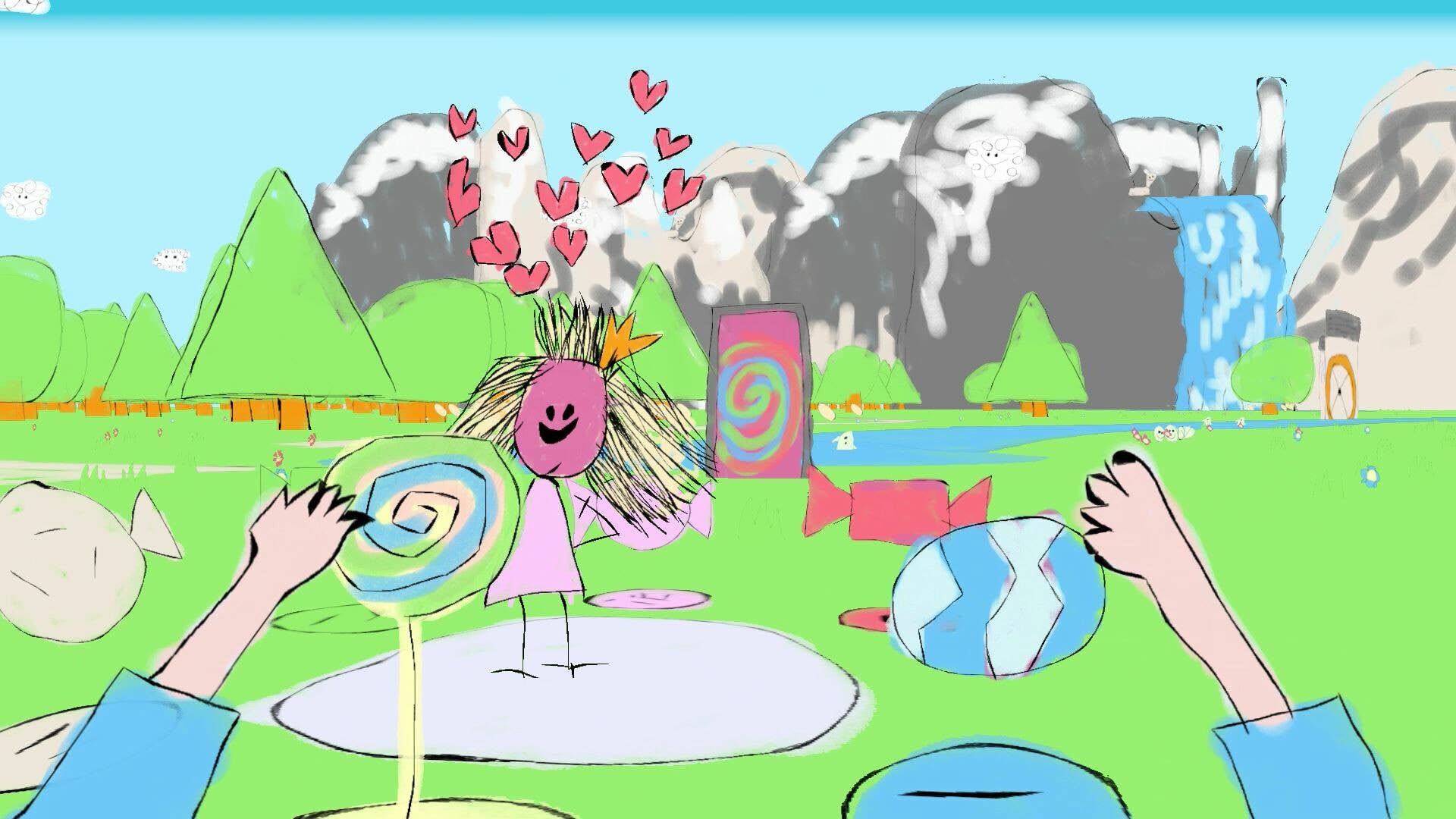

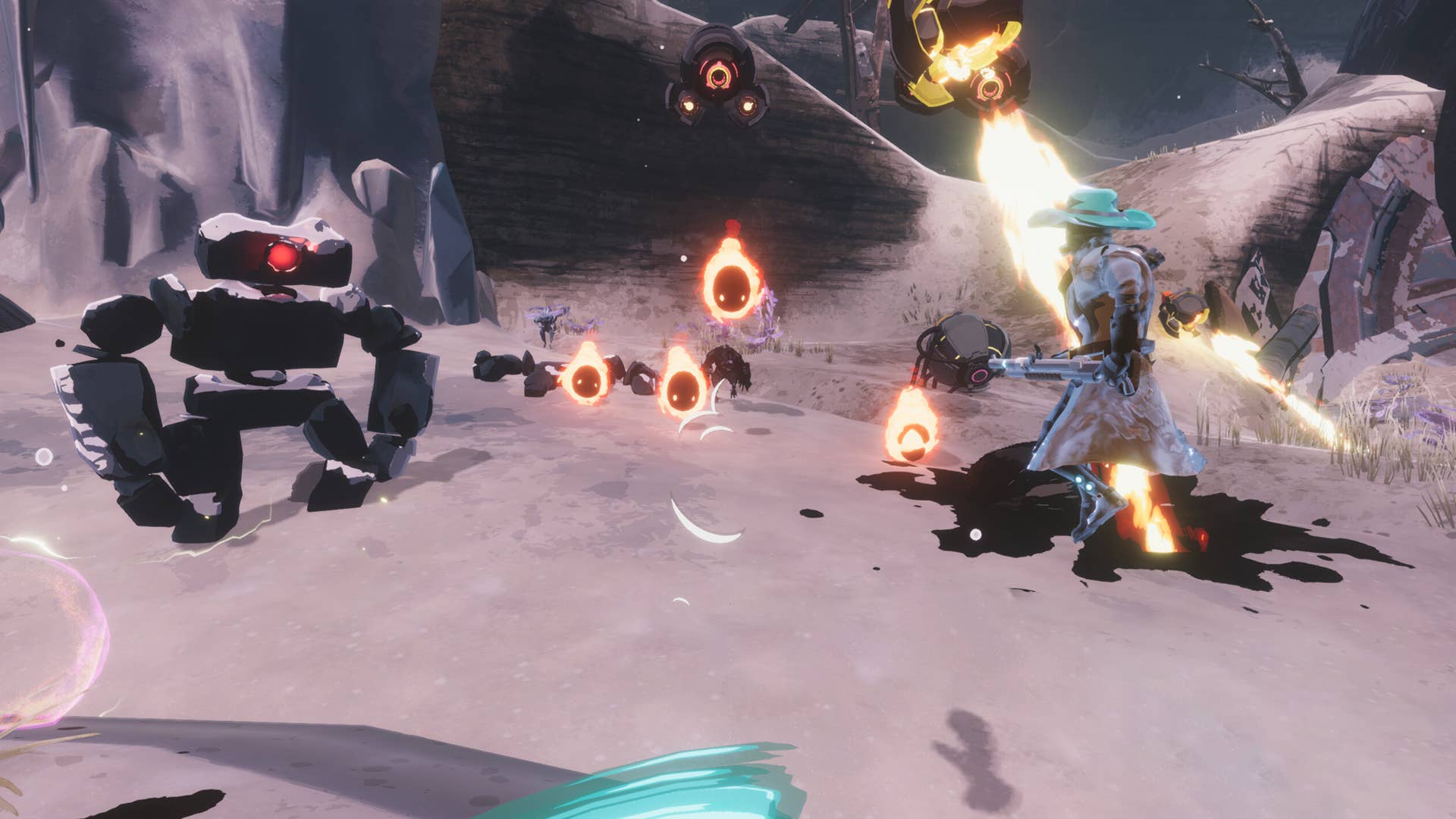















































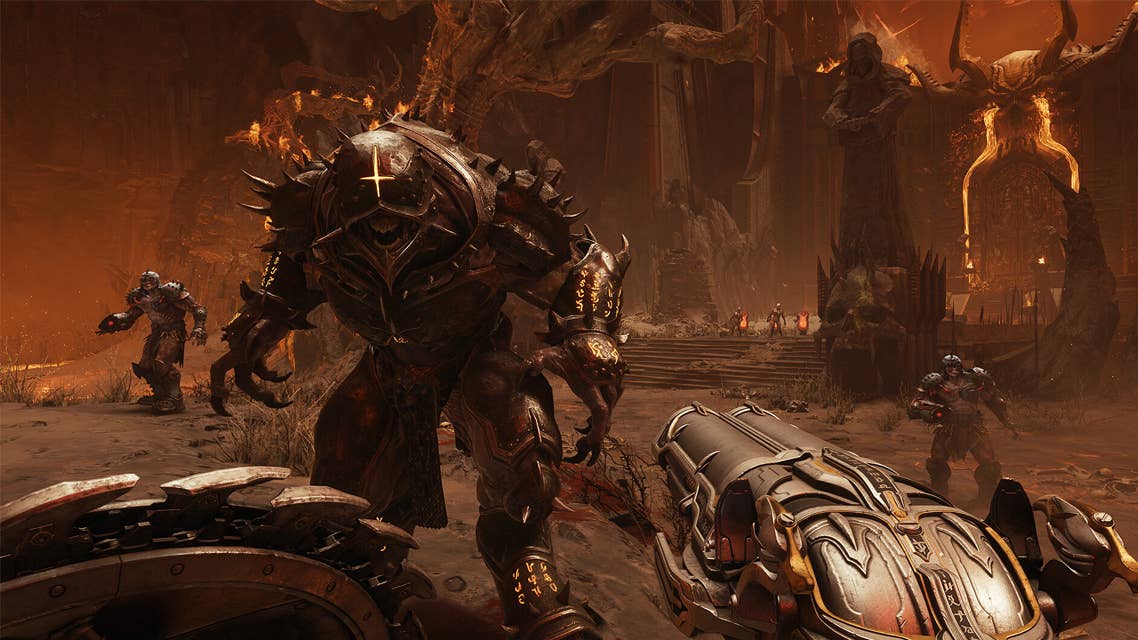















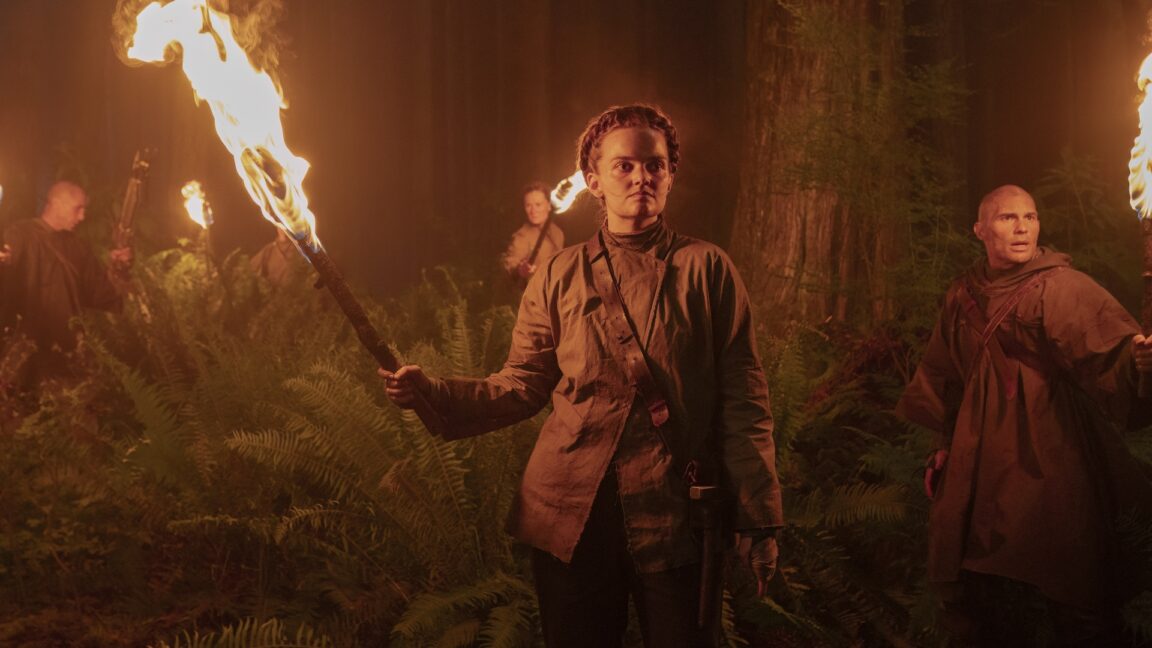

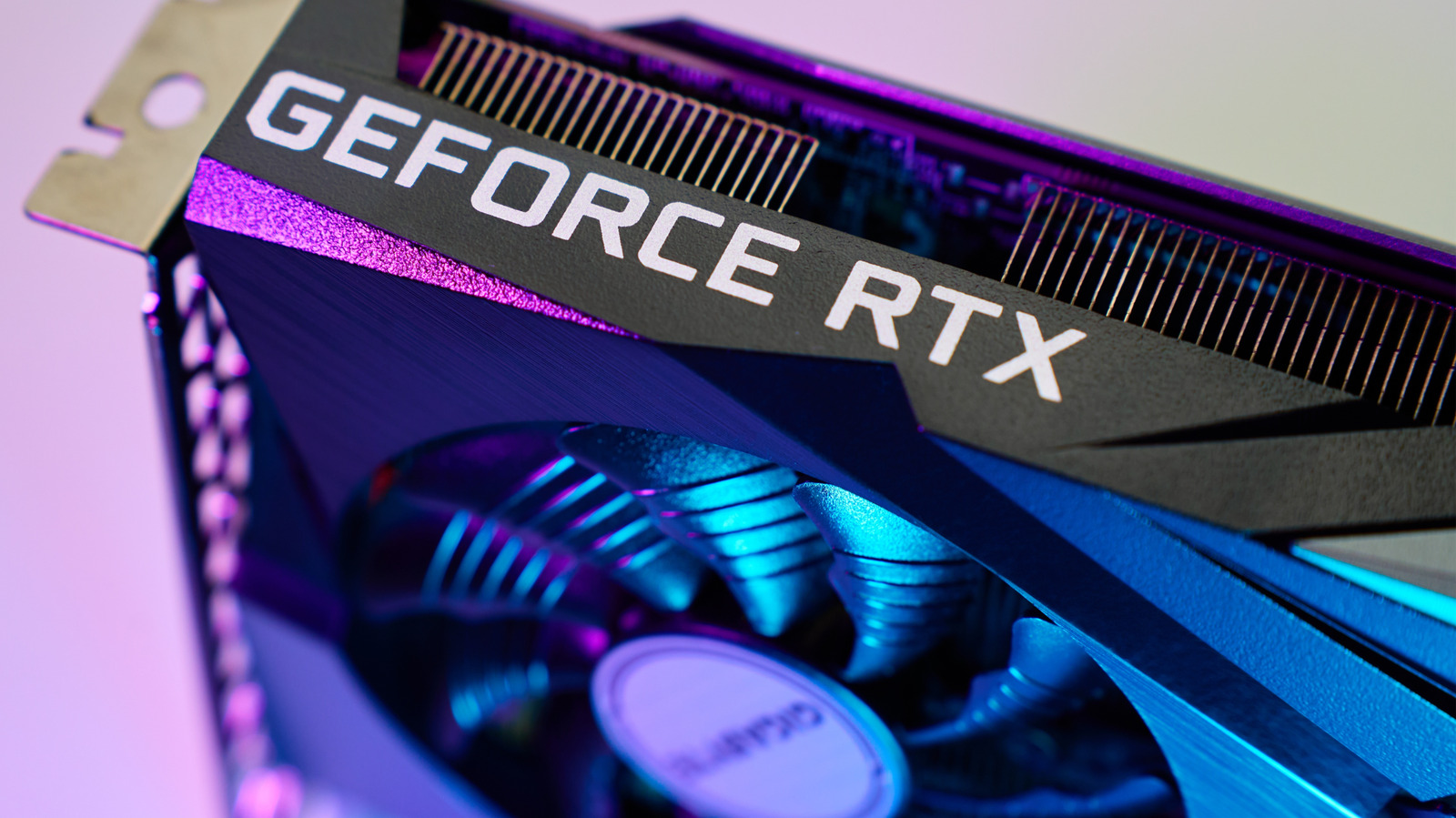












































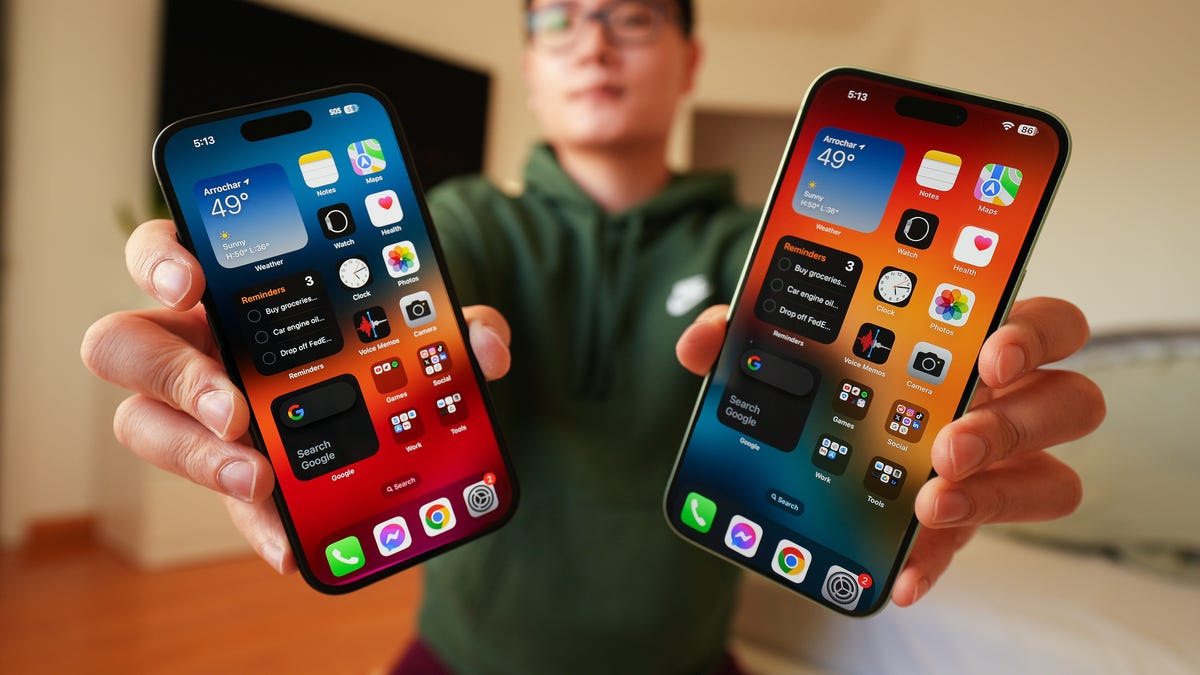
























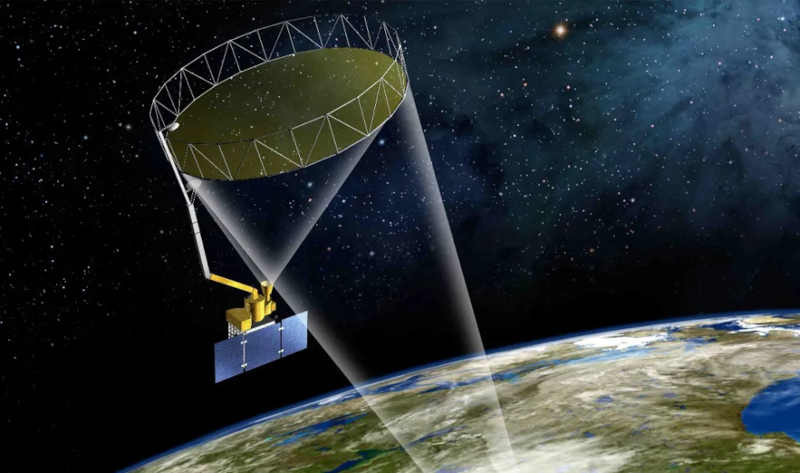

























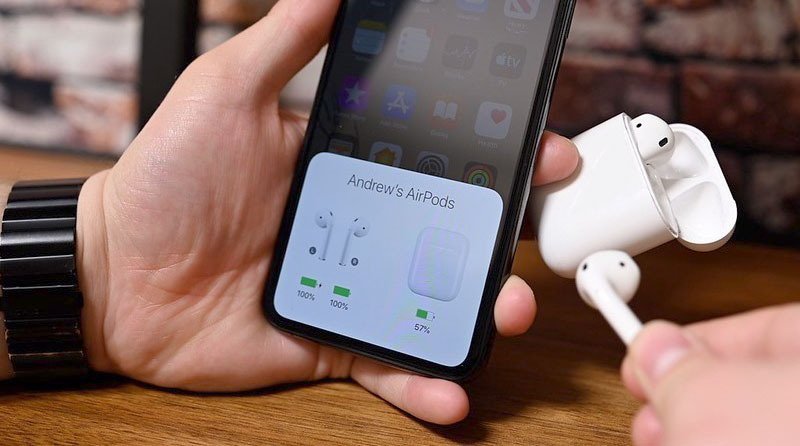
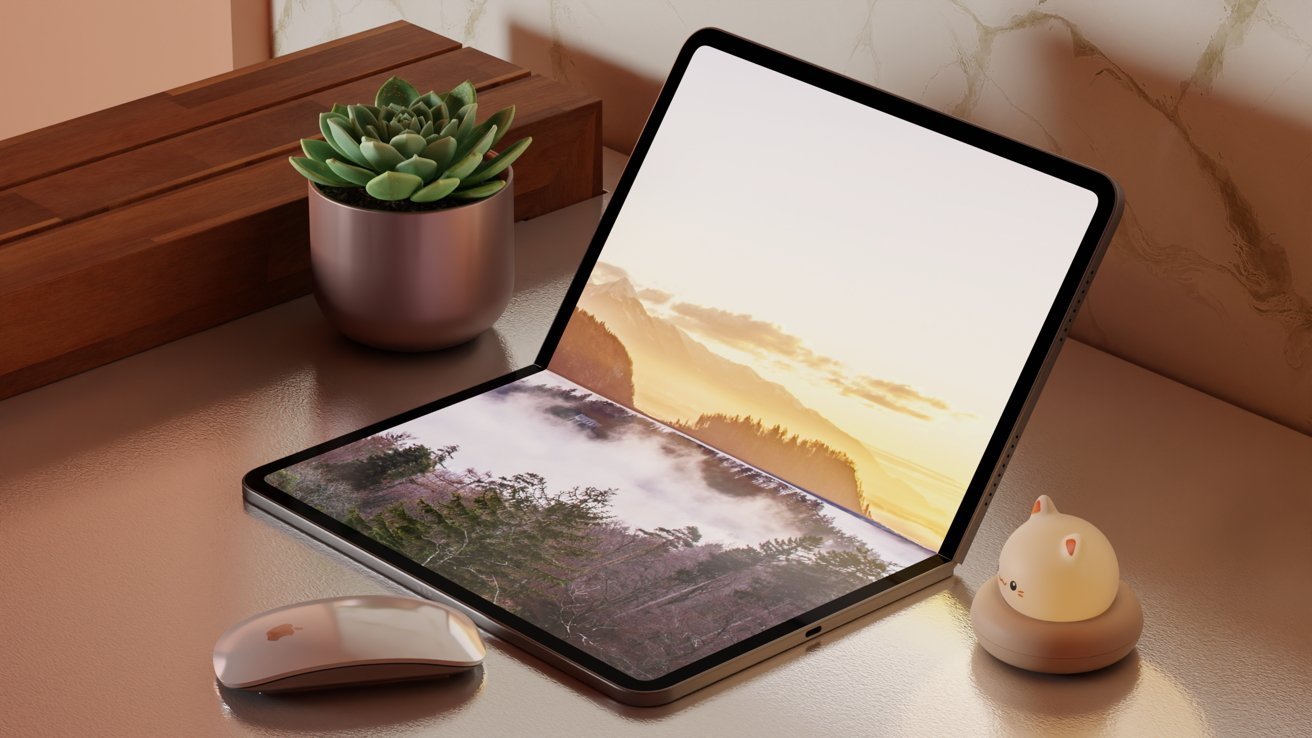
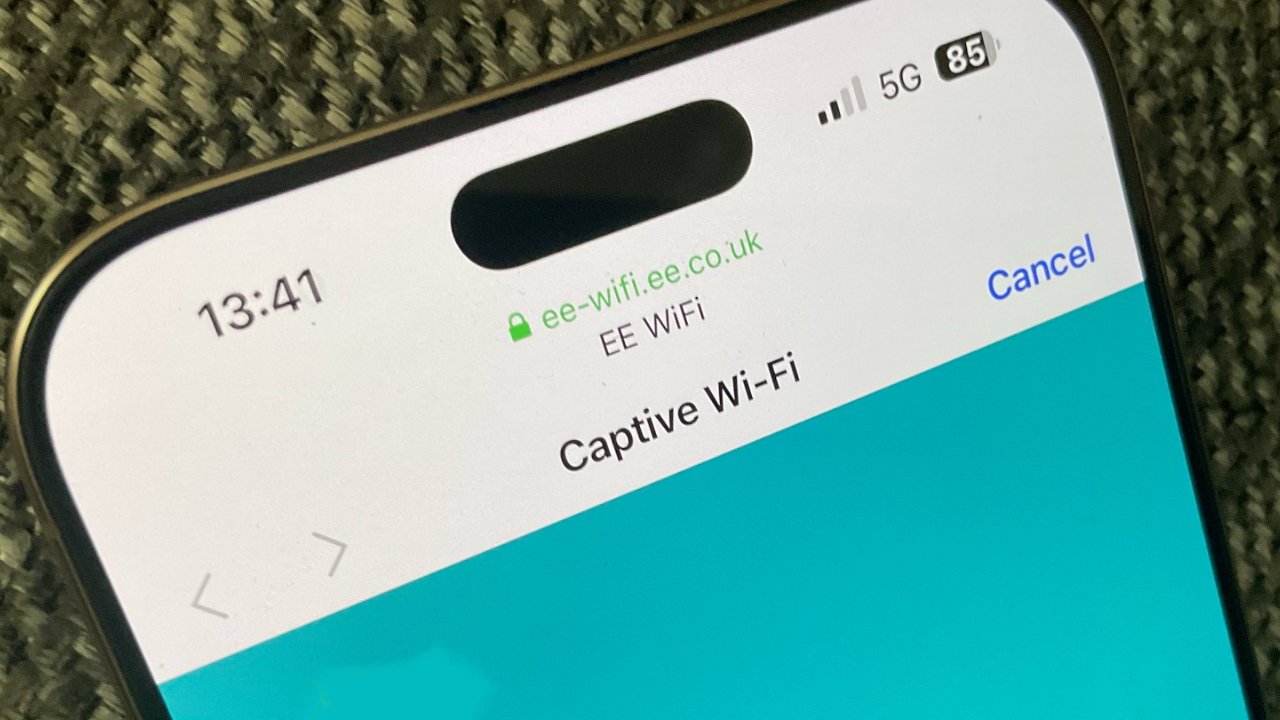
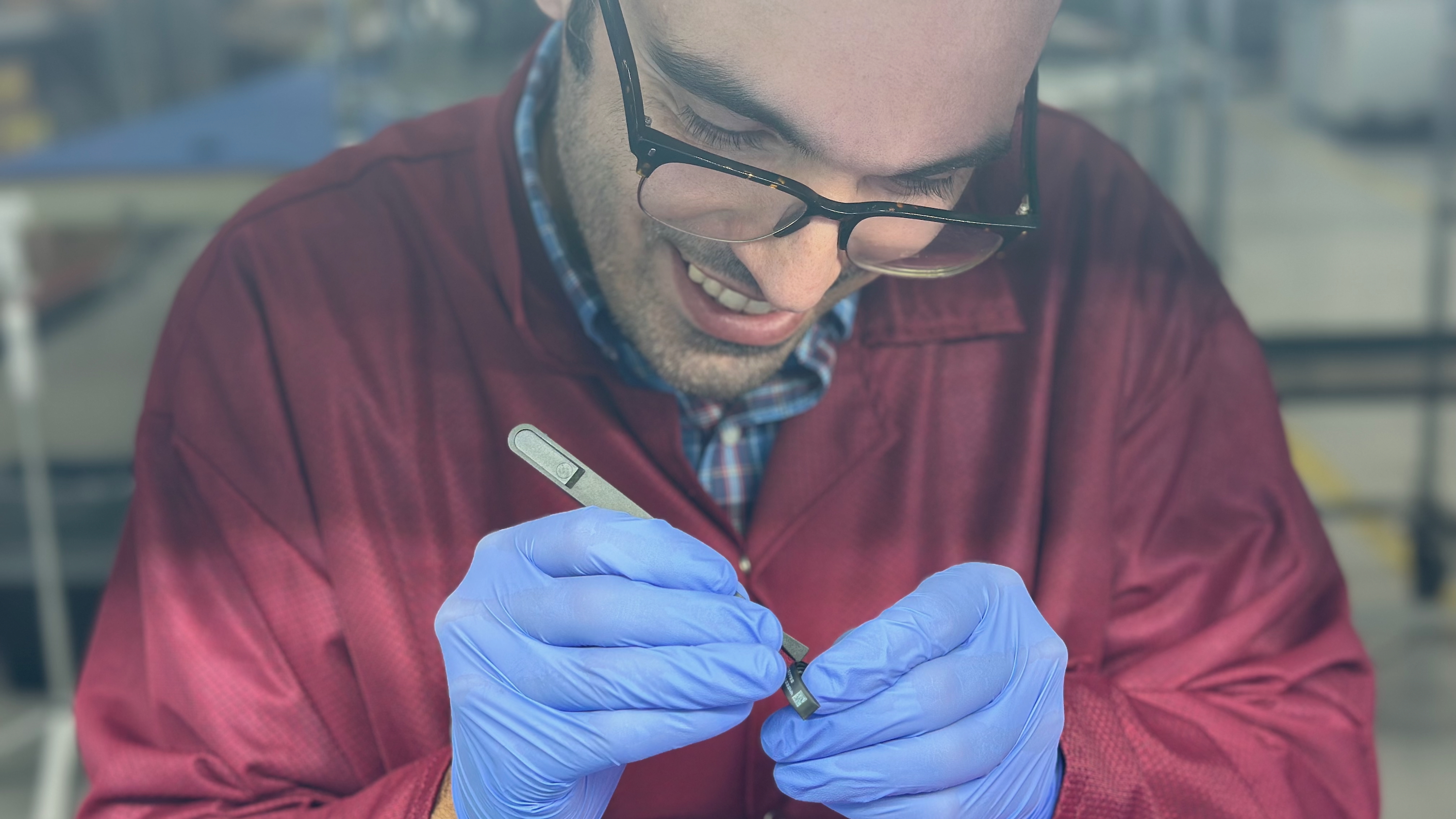

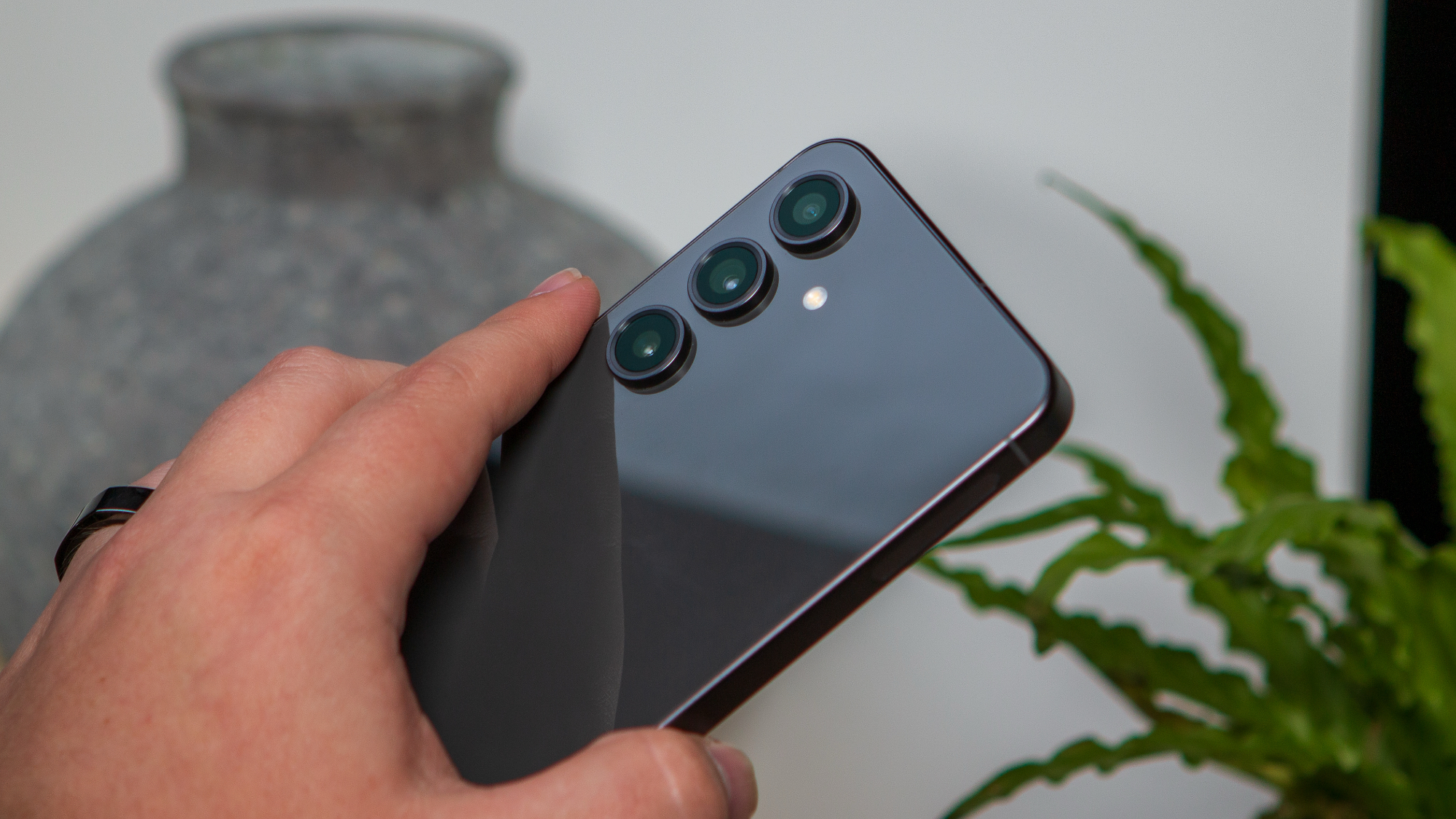
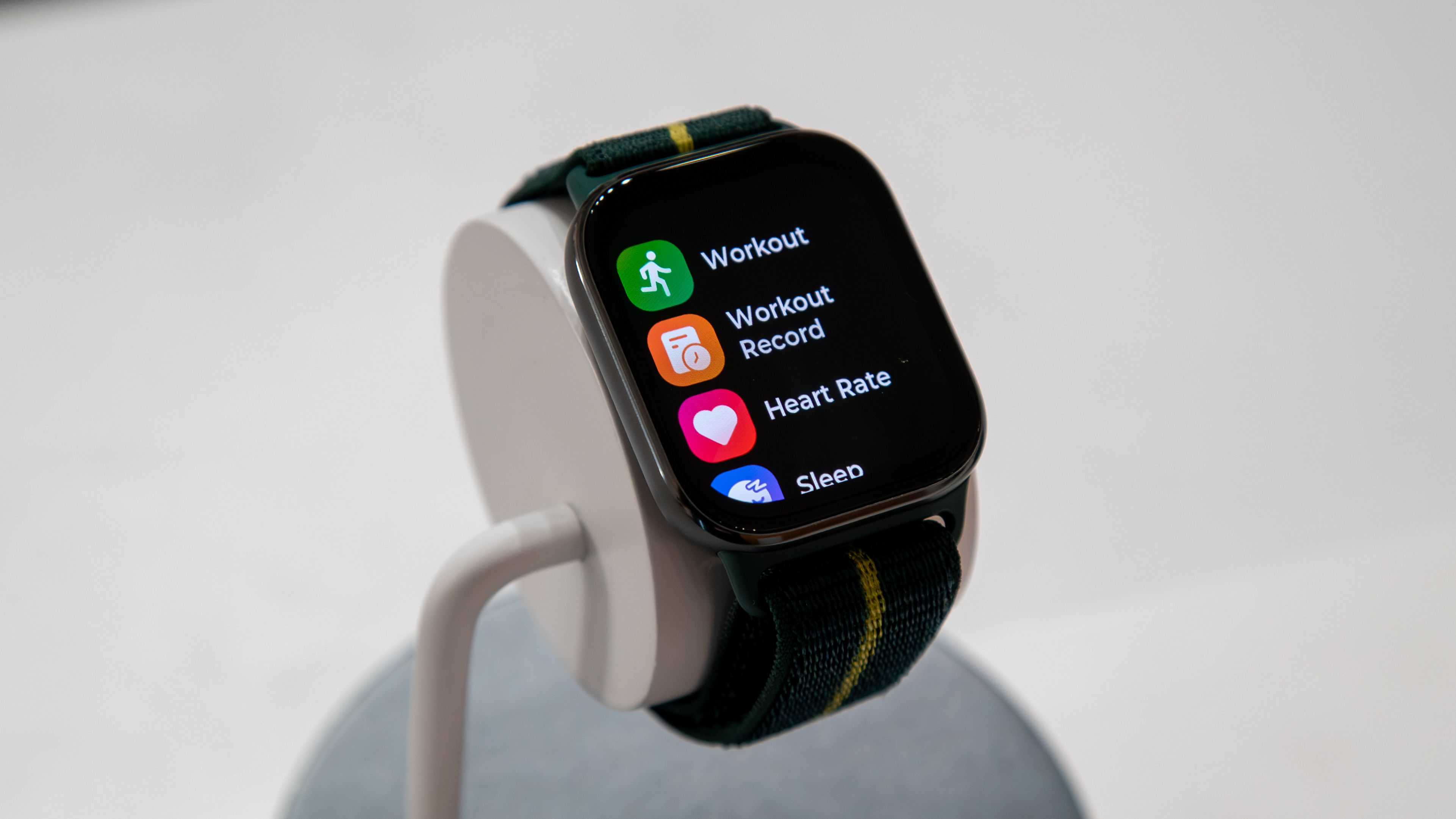
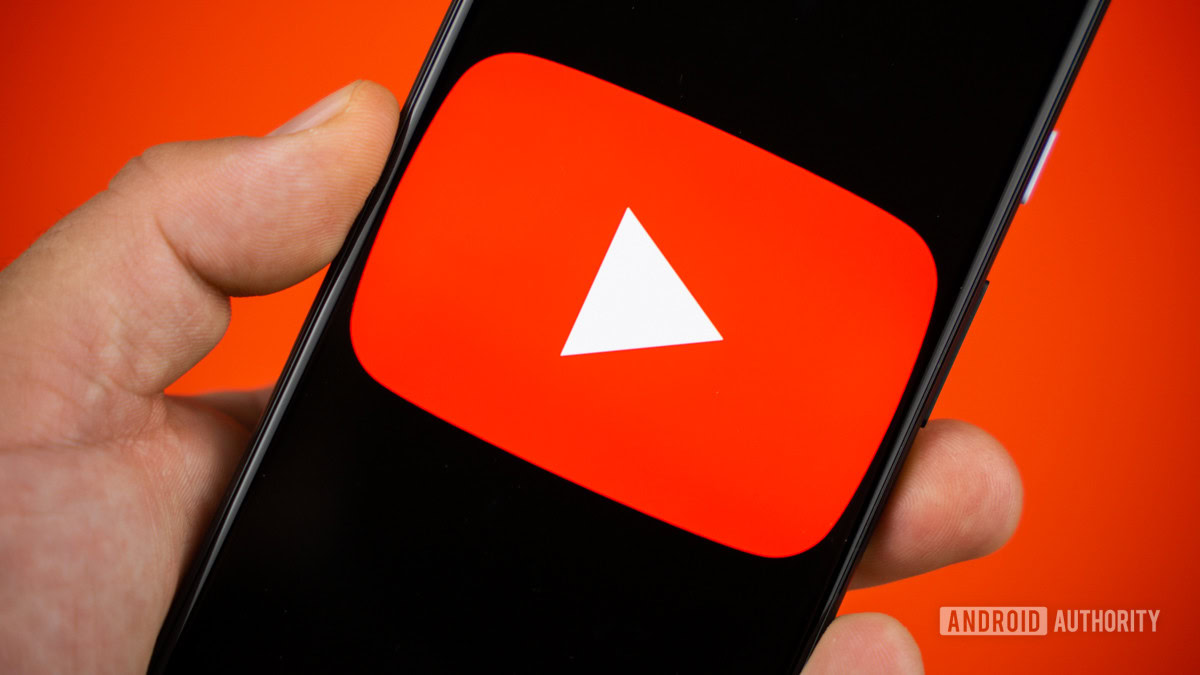
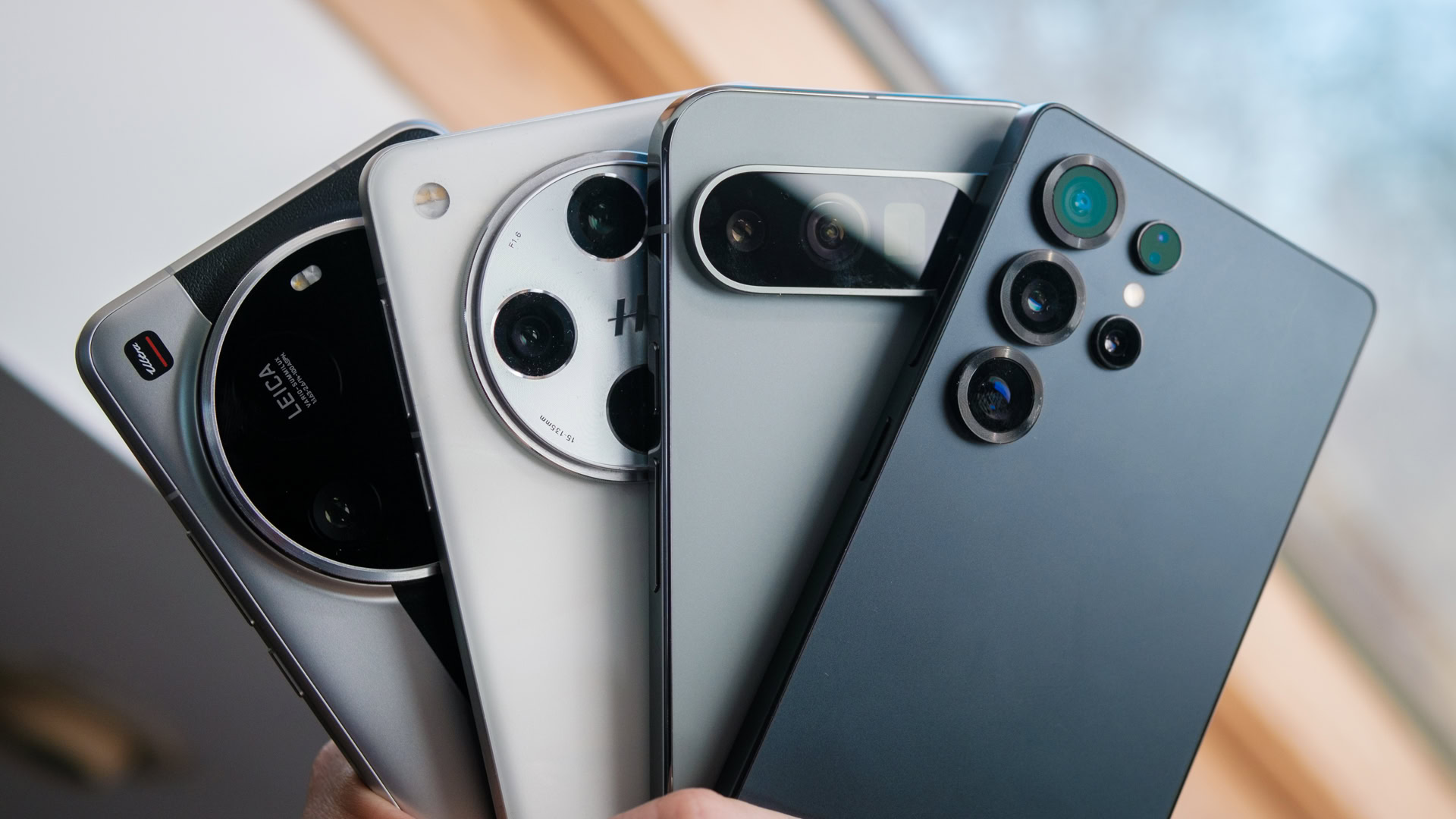
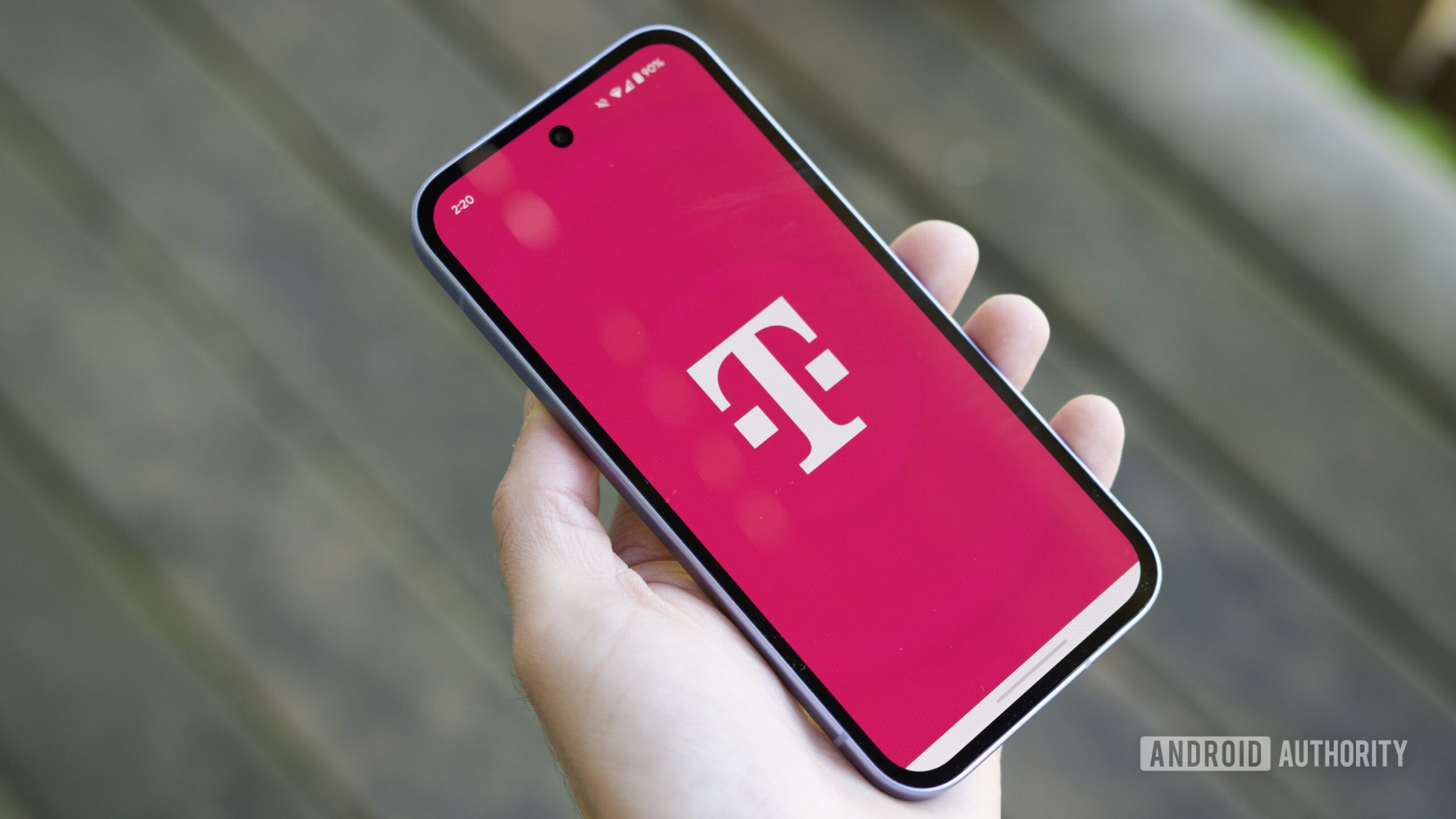




![[Fixed] Gemini 2.5 Flash missing file upload for free app users](https://i0.wp.com/9to5google.com/wp-content/uploads/sites/4/2025/03/google-gemini-workspace-1.jpg?resize=1200%2C628&quality=82&strip=all&ssl=1)


![As Galaxy Watch prepares a major change, which smartwatch design to you prefer? [Poll]](https://i0.wp.com/9to5google.com/wp-content/uploads/sites/4/2024/07/Galaxy-Watch-Ultra-and-Apple-Watch-Ultra-1.jpg?resize=1200%2C628&quality=82&strip=all&ssl=1)











![Apple M4 MacBook Air Hits New All-Time Low of $824 [Deal]](https://www.iclarified.com/images/news/97288/97288/97288-640.jpg)
![An Apple Product Renaissance Is on the Way [Gurman]](https://www.iclarified.com/images/news/97286/97286/97286-640.jpg)
![Apple to Sync Captive Wi-Fi Logins Across iPhone, iPad, and Mac [Report]](https://www.iclarified.com/images/news/97284/97284/97284-640.jpg)
![Apple M4 iMac Drops to New All-Time Low Price of $1059 [Deal]](https://www.iclarified.com/images/news/97281/97281/97281-640.jpg)








































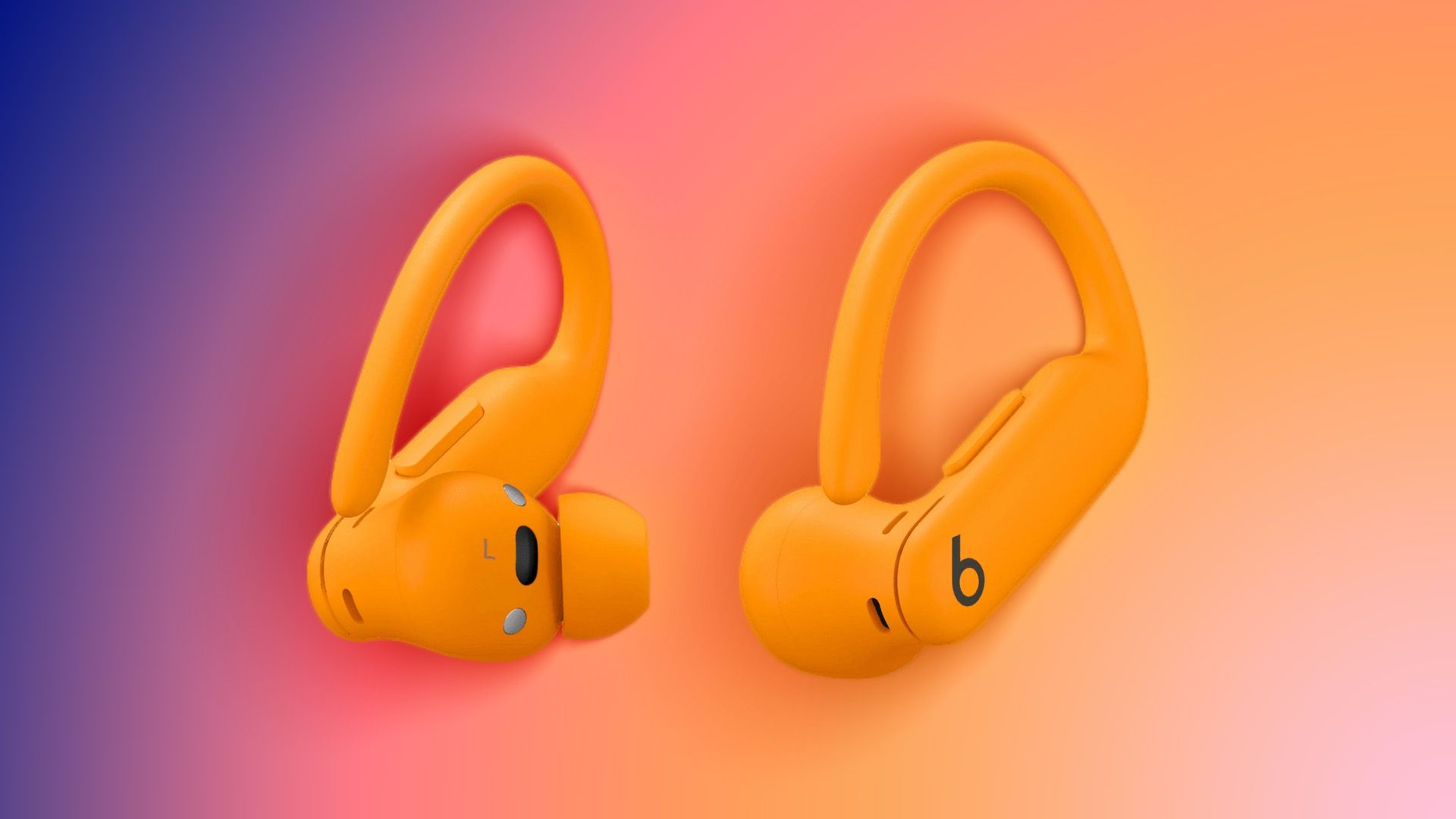
![Apple's 11th Gen iPad Drops to New Low Price of $277.78 on Amazon [Updated]](https://images.macrumors.com/t/yQCVe42SNCzUyF04yj1XYLHG5FM=/2500x/article-new/2025/03/11th-gen-ipad-orange.jpeg)

